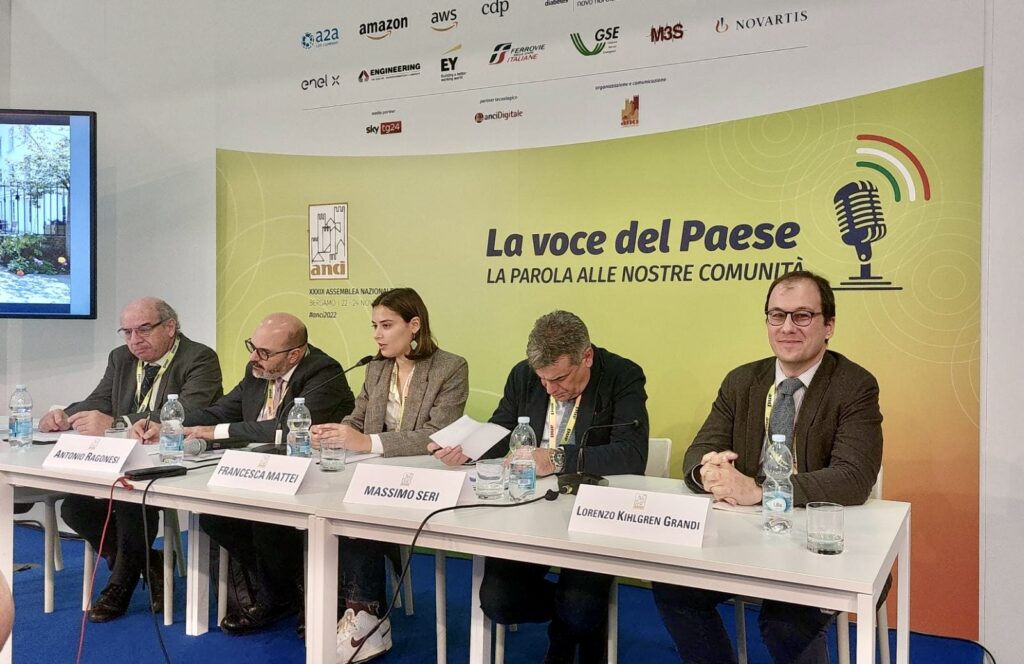Since its dawn following World War II, city diplomacy has featured Italian municipalities among its main drivers of expansion and innovation. Twinning agreements, the municipal peace movement, the partnership approach to international cooperation, and, more recently, solidarity related to the pandemic crisis and the war in Ukraine have seen Italian cities as prominent advocates.
A such international commitment of Italian cities rests on two particularities. First, its convincingly participatory approach stems from the involvement of a broad spectrum of local actors. Second, the international outlook is manifested by a considerable amount of small and medium-sized centers. These dynamics are all the more remarkable considering the overall absence of a national strategy to coordinate and support city diplomacy, in contrast to countries such as France and, most recently, the United States.
For some time, however, a determination to give further impetus to Italian city diplomacy seems to be emerging in various national instances.
To discuss this, a wide-ranging panel discussion took place at the 39th assembly of the National Association of Italian Municipalities (ANCI) on November 22 in Bergamo, Italy, featuring the participation of City Diplomacy Lab’s director Lorenzo Kihlgren Grandi. Strong determination was expressed by the various mayors, including host Giorgio Gori and Parma’s Michele Guerra, to support the spread of city diplomacy as a pillar of municipal action, enabling more and more small and medium-sized Italian municipalities to benefit from it.
The appeal received the enthusiastic support of ANCI itself, the Italian Agency for Development Cooperation, and the City Diplomacy Lab, which announced their determination to support such nationwide uptake of the practice through capacity-building activities. The three institutions aim at reporting the first outcomes of such an agenda at the 2023 edition of the Italian municipalities’ annual assembly.


